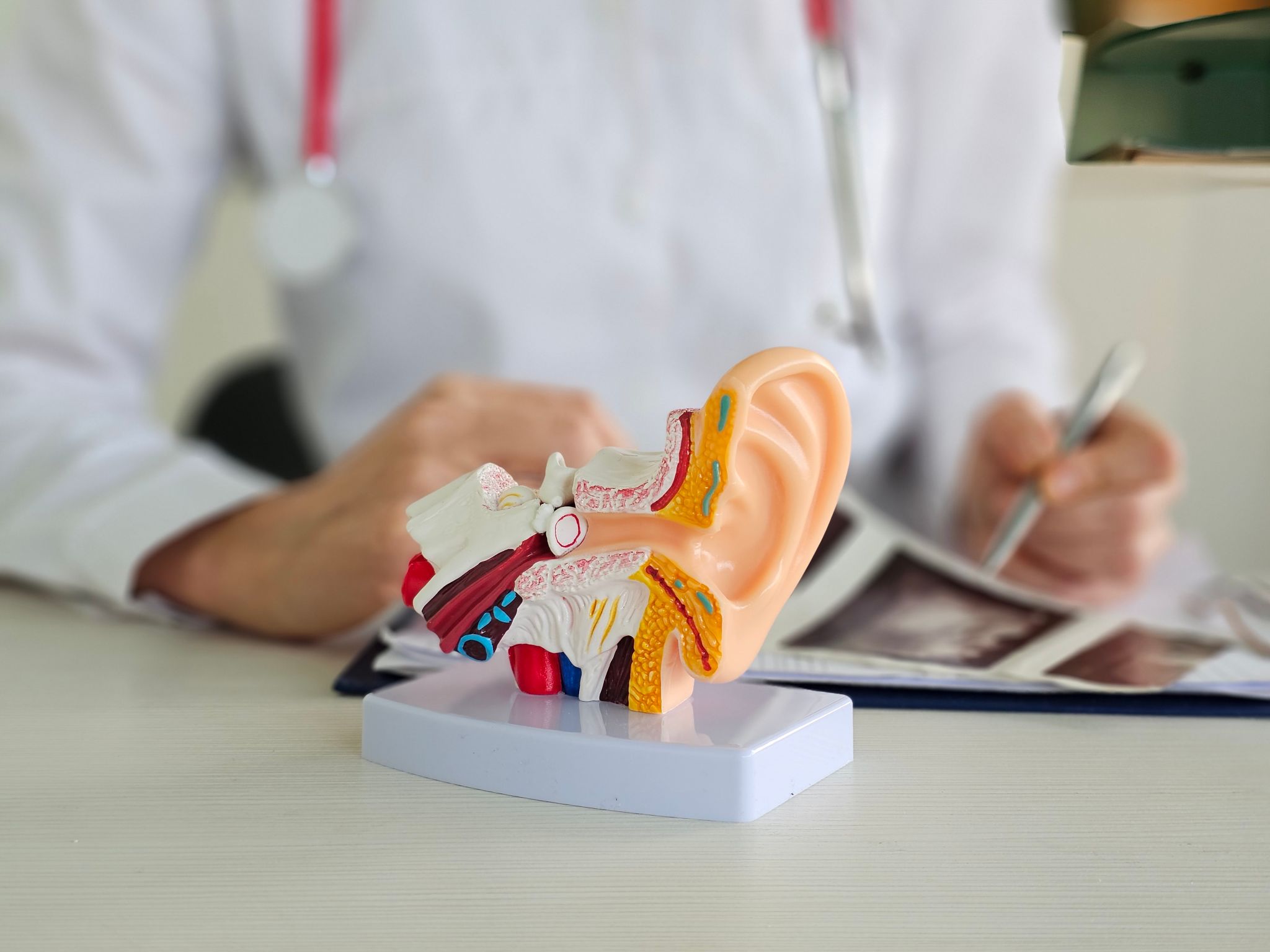What to Do After a Personal Injury at Work: Step-by-Step Guide
Immediate Steps to Take After an Injury
Experiencing a personal injury at work can be both physically and emotionally overwhelming. However, it's crucial to take immediate steps to ensure your safety and protect your rights. The first action you should take is to seek medical attention. Even if the injury seems minor, getting a professional assessment is important for your health and any future claims.
Once you've addressed your immediate medical needs, report the injury to your employer as soon as possible. Most companies have specific procedures in place for reporting workplace injuries, and it's important to follow these protocols to ensure the incident is officially documented.

Documenting the Incident
After reporting the injury, start documenting everything related to the incident. This includes taking photographs of the scene, your injuries, and any equipment involved. If there were witnesses, gather their names and contact information, as their statements may be valuable for your case.
Keep a detailed record of all related medical appointments, treatments, and expenses. This documentation will be essential if you need to file a workers' compensation claim or if legal action becomes necessary.

Understanding Workers' Compensation
Workers' compensation is a form of insurance that provides financial support for employees who are injured at work. Familiarize yourself with your company's workers' compensation policy so you understand your rights and the benefits available to you. Typically, this covers medical expenses and lost wages during your recovery.
To initiate a workers' compensation claim, you will likely need to fill out specific forms provided by your employer or their insurance provider. Ensure that you complete these accurately and submit them promptly to avoid delays in processing your claim.

Consulting with a Legal Professional
If your injury is severe or if you're facing challenges with your workers' compensation claim, consulting with a legal professional can be beneficial. An attorney specializing in workplace injuries can offer guidance on navigating the claims process and ensure that your rights are protected.
Legal professionals can also help if there are disputes about the cause of the injury or if you're not receiving fair compensation. They can represent your interests and negotiate on your behalf with insurance companies or other involved parties.
Returning to Work Safely
Once you've recovered sufficiently, discuss with your doctor and employer about returning to work safely. It's crucial to ensure that any necessary accommodations are made to prevent further injury and to support your transition back into the workplace.
Communicate openly with your employer about any restrictions or modifications needed in your duties. This will help foster a supportive environment as you reintegrate into your role.

Prevention and Future Safety Measures
Finally, take proactive steps to prevent future injuries by participating in workplace safety training and adhering to all safety protocols. Encourage open communication within your team about potential hazards and collaborate on creating a safer working environment for everyone.
By being informed and prepared, you can better handle the aftermath of a personal injury at work and contribute to a culture of safety and awareness in your workplace.